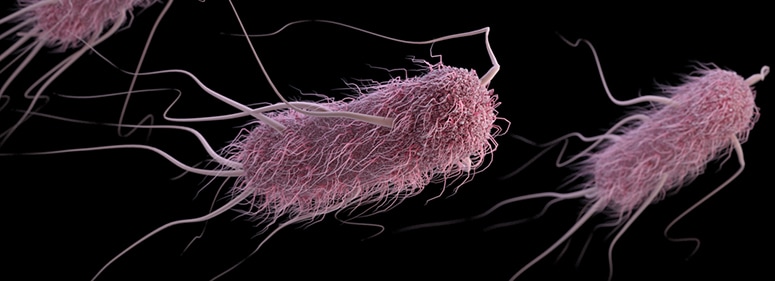Sunday, September 25, 2016
Biologists are close to reinventing the genetic code of life
A team of scientists have come one step closer to creating a life hack by changing the genetic code of Escherichia Coli in order to create a new workhouse for laboratory experiments and a factory for new industrial chemicals. The scientists have designed a synthetic E. coli genome that could use a protein-coding scheme different from the one known to all life. The finished genome would be the most complicated genetic engineering accomplishment so far with as many as 62,000 DNA changes. The genome hacking is currently taking place in the lab of George Church at Harvard University. Since the genetic code has multiple codons for the same amino acid such as the codons CCC and CCG both encode proline for example, the scientists working on this project figured out that redundant codons could be eliminated by replacing every CCC for a CCG in every gene for instance. These changes could then allow synthetic biologists to use the redundant codons to code for a new, synthetic amino acid.
For the study, Church's team decided to eliminate seven of the microbe's 64 codons which seemed like a good number to work with. After using machines to synthesize long stretches of the recoded genome, the team turned to the job of inserting the chunks of E. coli one by one and making sure that the genomic changes aren't harmful to the cells. The team thus far has only tested 63% of the recoded genes, but have found only minor problems within the sequencing. The rest of the experiment is expected to take several years to complete. However, another issue is expected to arise in which the team is concerned that many of the unnatural proteins that the recoded E. coli could be engineered to produce may be toxic, and the cell's resistance to viruses would give them a competitive edge if they escaped. Overall, Church and his team are still in the process of changing the genetic code of E. coli to create a new workhouse for laboratory experiments.
In my opinion, these scientists have good intentions to create a new workhouse for laboratory experiments, but it is also very dangerous. If the recoded E. coli escape and enter the environment, they can cause serious damage to humans. If the experiment is done correctly and safely, it will be a success but if not, things can go from bad to worse.
Labels:
dnaalterations,
E. Coli,
genes,
genome
Subscribe to:
Post Comments (Atom)

No comments:
Post a Comment